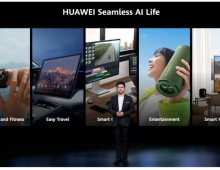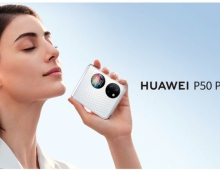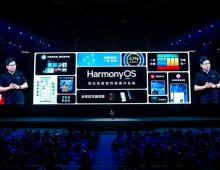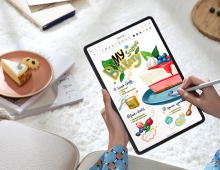
Huawei's Smartphones Sell Well, But Company Expects Difficulties in 2020
Huawei’s smartphone business is growing despite being placed on the United States’ export blacklist.
In an internal memo to employees that was shared with select media, Huawei’s rotating chairman Eric Xu announced that the company sold 240 million phones in 2019. Apple, according to analysts, will finish the year at around 185 to 190 million phones sold. Samsung hasn’t announced figures yet, but it very likely remains at the top spot.
Xu also announced in the memo that Huawei’s total revenue in 2019—which includes the company’s carrier business and enterprise business in addition to consumer gadgets—topped 850 billion yuan (around 121 billion), an 18% increase over 2018.
These numbers are surprising, considering the Google export ban that left Huawei's latest smartphones without access to
Google Mobile Services, which include Google Maps, YouTube, and Gmail. Huawei has developed its own framework, Huawei Mobile Services, through which replacement apps will run. Huawei is also investing into nurturing its own app ecosystem so that perhaps one day international users can get all their favorite apps such as Facebook or Instagram through Huawei’s own app store.
Huawei is also developing its own mobile operating system known as Harmony, although analysts are skeptical that the system is a viable alternative.
While Huawei declined to provide detailed breakdowns of its 2019 phone sales such as how many phones were sold outside of China, Xu does say in the memo that the company’s record phone sales are likely due to momentum carried over from early 2019 before essentially being banned from using Google, and even concedes that the company won’t grow in 2020 like it did in 2019.
“[2020] is going to be a difficult year for us,” Xu writes in the note.
Further, Xu seems to suggest the entity list issue won’t be resolved anytime soon: “In 2020, we will continue to remain on the U.S. entity list.”





















